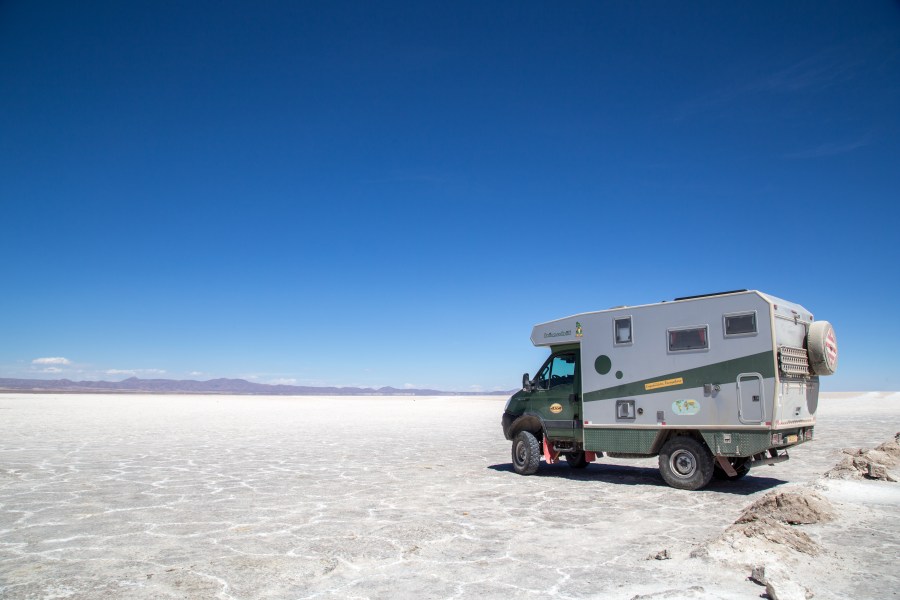Choosing The Perfect Truck Camper for Your Next Adventure

There is nothing quite like being out on the open road with the windows down and your favorite music on the radio. For nature lovers and weekend warriors alike, a truck camper might be the right investment to take your weekend trips to the next level. Unlike large and costly RVs, truck campers are highly versatile, easy to customize and maintain, and hold their value well over time. Truck campers also have the advantage of being excellent for off-road trips, and can save you the stress of blindly pulling a large vehicle around tight bends or backing into small parking or camping spaces. Thinking of buying a truck camper for your next adventure? Read on to learn more about types of truck campers and see if they’re right for you.
Pop Up or Hard Side Camper?
There are two types of truck campers: pop up campers and hard side campers. Pop up campers have a section that expands when the camper is opened to provide more interior space and compresses when the camper is in transit. Hard side campers have a fixed shape and solid walls. Hard side campers are generally better insulated, have more interior storage and have a greater variety of floor plan options, while pop up campers have a more aerodynamic shape and lower center of gravity, resulting in better fuel economy on long trips.
Pop up campers are better suited to rough roads than hard side campers, making them the camper of choice for those who want to camp in remote locations, and those who are used to tent camping and backpacking. Hard side campers are usually purchased by those who are used to the comfort and amenities of RV camping.
Floorplans and Amenities
Despite their smaller size, truck campers offer all the same amenities as larger RVs. These amenities include kitchen appliances such as dishwashers, stoves, ovens, and microwaves as well as bathrooms and showers. Truck camper floor plans include a kitchen or kitchenette, a dining area, a sleeping area, and usually a small lounge or relaxation area. Many truck campers have sections of the exterior wall called “slides” that shift to create more space inside the camper.
Customization and Add-Ons
If you can’t find a truck camper that’s right for you, don’t worry. There are many ways to modify and customize a truck camper so that it will fit your needs. If you live in a hot environment or will be traveling to one for awhile, look into opting for an air-conditioned camper. There are also ones that include furnaces and extra storage space if need be. Shops also sell campers that offer a full kitchen that includes a larger cooktop and refrigerator. Many camper manufacturers will work with you to design and build a camper to fit your lifestyle and needs. Keep in mind that the electrical system used by the camper runs off of your vehicle and the kitchen stove and fridge runs off of gas.
Pros and Cons
As with any major purchase, it’s important to weigh the benefits and drawbacks before making a decision on a truck camper. The benefits of truck campers include their ability to travel to places that larger RVs cannot go, their maneuverability, the relatively low cost of buying a truck camper and the fact that they don’t require a towing vehicle.
Some people also find that there are some potential negative aspects to owning a truck camper as well. While truck campers are much easier to drive than a large RV or a 5-wheel, these campers will add a bit of wind resistance due to the extra height and width. The added weight of the camper will also make a negative difference in the overall gas mileage and the power and braking of the attached truck.
Assess Your Needs
Take the time to assess your budget, camping style, special requirements, environments, elements you will be traveling in and the truck you will be using. Once you have that sorted, you will be well on your way to finding a camper that checks all of your boxes. If this is your first truck camper, consider purchasing a used one and see how that goes. After using it on a few outings, you should have a clear idea of what you are looking for in your next one.





